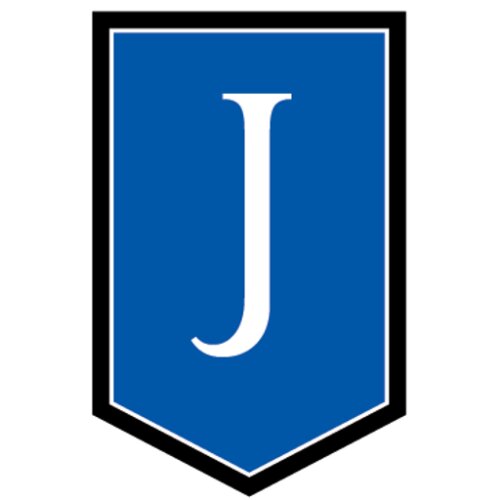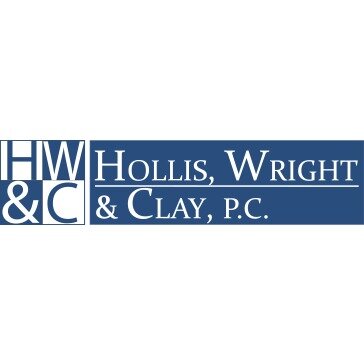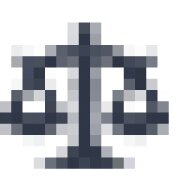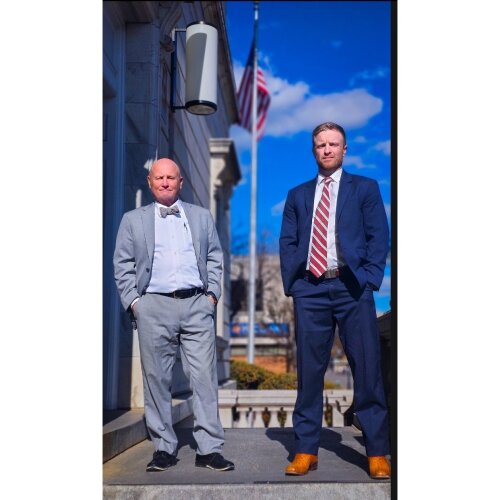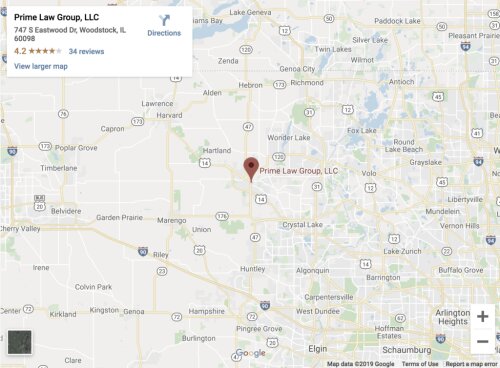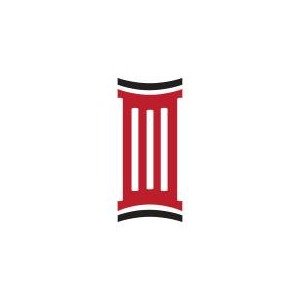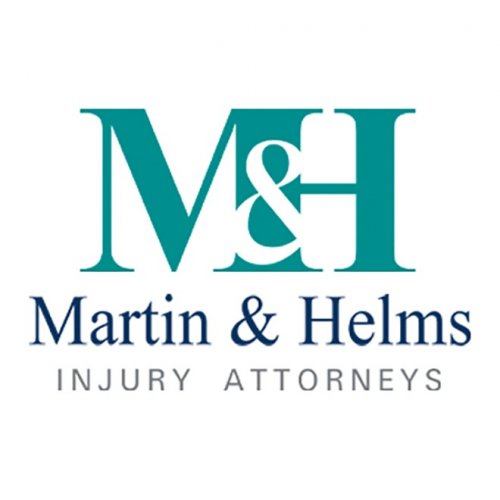Best Premises Liability Lawyers in Alabama
Share your needs with us, get contacted by law firms.
Free. Takes 2 min.
Or refine your search by selecting a city:
List of the best lawyers in Alabama, United States
About Premises Liability Law in Alabama, United States
Premises liability is an area of law that holds property owners and occupiers responsible for accidents and injuries that occur on their property. In Alabama, if someone is injured because of a dangerous condition on another person’s property, the injured party may be entitled to compensation through a premises liability claim. These cases often involve incidents such as slips and falls, inadequate security, dog bites, swimming pool accidents, and other hazardous situations on private, commercial, or public property. The foundation of premises liability law in Alabama is proving that the property owner either knew or should have known about the safety hazard and failed to address it in a reasonable manner.
Why You May Need a Lawyer
Premises liability claims can quickly become complicated. Insurance companies representing property owners often fight claims aggressively and may dispute liability, the extent of your injuries, or even claim that you were at fault. Common situations in which you might need a premises liability lawyer include:
- Slips, trips, and falls in stores, restaurants, or public buildings
- Dog bite injuries on someone else's property
- Injuries caused by broken stairs, wet floors, poor lighting, or loose carpeting
- Being assaulted due to a lack of proper security measures on a commercial property
- Accidents in swimming pools or recreational facilities due to unsafe conditions
- Filing a claim involving complex medical issues or substantial damages
- Cases where the property owner or their insurer disputes fault or refuses fair compensation
An experienced lawyer can help you gather evidence, determine liability, properly calculate your damages, negotiate with insurance companies, and pursue your claim in court if necessary.
Local Laws Overview
Alabama’s premises liability laws are strongly influenced by the status of the visitor (invitee, licensee, or trespasser), comparative fault rules, and specific statutes of limitation.
- Status of Visitor: Alabama law generally classifies visitors as invitees, licensees, or trespassers. Property owners owe the highest duty of care to invitees, who are on the property for business purposes. A lower duty applies to licensees, and property owners owe little to no duty to trespassers, except to refrain from willful or wanton harm.
- Contributory Negligence: Alabama is one of the few states that follow the pure contributory negligence rule. If the injured person is found to be even 1 percent at fault for their injuries, they may be barred from recovering any compensation from the property owner.
- Statute of Limitations: Generally, you have two years from the date of the injury to file a premises liability lawsuit in Alabama. Missing this deadline can result in losing your right to compensation.
- Notice Requirement: In some cases, such as claims against governmental entities, advance notice may be required, usually within a much shorter time frame.
- Attractive Nuisance Doctrine: Alabama courts may hold landowners liable for injuries to children caused by dangerous features on the property, such as swimming pools, if it can be shown that the property owner should have anticipated children would be attracted and could be injured.
Frequently Asked Questions
What is premises liability?
Premises liability is a legal concept that holds property owners and occupiers responsible for certain injuries that happen on their property due to unsafe or defective conditions.
How do I prove a premises liability claim in Alabama?
You generally need to prove that a dangerous condition existed, the property owner knew or should have known about it, failed to address it, and that this directly caused your injuries.
If I am partly at fault for my injury, can I still recover damages?
In Alabama, if you are found to be even partly at fault (even one percent), you are barred from recovering any damages under the pure contributory negligence rule.
What should I do after I am injured on someone else's property?
Seek medical attention, document the scene with photographs, gather witness contact information, report the incident to the property owner or manager, and consult with a lawyer as soon as possible.
Do premises liability laws apply to both private and public property?
Yes, these laws apply to both private and public property, and sometimes special rules or notice requirements may apply if the property owner is a government entity.
Is a property owner always responsible for injuries occurring on their property?
Not always. Liability depends on the circumstances, such as the visitor’s status and whether the property owner acted reasonably to prevent or fix dangerous conditions.
How long do I have to file a premises liability lawsuit in Alabama?
You have two years from the date of the injury to file a lawsuit, but it is best to act quickly so that evidence is preserved and deadlines are not missed.
What types of damages can I recover in a premises liability case?
You may recover compensation for medical expenses, lost wages, pain and suffering, and, in some cases, punitive damages depending on the facts of your case.
Does homeowners insurance cover premises liability claims?
Many homeowners insurance policies do provide coverage for premises liability claims, but the specifics will depend on the terms and exclusions in the policy.
Can a child injured on someone else's property recover compensation?
Children who are injured due to dangerous conditions, especially those considered attractive nuisances, may have grounds for a claim even if they were trespassing. Property owners may have a special duty to protect children from certain hazards on their property.
Additional Resources
- Alabama State Bar Association - Provides lawyer referral services and legal information on personal injury and premises liability law.
- Alabama Department of Insurance - Information about homeowner and liability insurance which may be relevant to premises liability claims.
- Local county courts or clerks - For filing lawsuits or getting information on pending cases.
- Legal Aid Organizations in Alabama - May offer assistance or direct you to relevant services if you cannot afford a private attorney.
- Local law libraries - All public libraries and some universities in Alabama have legal resources and guides for individuals interested in learning more about premises liability law.
Next Steps
If you have suffered an injury on another person’s property and believe you may have a premises liability claim, consider taking the following steps:
- Seek necessary medical treatment and prioritize your health.
- Document the scene, your injuries, and any evidence relevant to the incident as soon as possible.
- Report the incident to the property owner or manager, ensuring it is noted in writing if possible.
- Contact a lawyer experienced in Alabama premises liability law to assess your situation and advise you of your legal rights and options.
- Be mindful of the statute of limitations in Alabama and do not delay seeking legal assistance, as waiting too long can bar your claim.
An attorney can guide you through the legal process, interact with insurance companies, and help ensure that your rights are fully protected during a difficult time.
Lawzana helps you find the best lawyers and law firms in Alabama through a curated and pre-screened list of qualified legal professionals. Our platform offers rankings and detailed profiles of attorneys and law firms, allowing you to compare based on practice areas, including Premises Liability, experience, and client feedback.
Each profile includes a description of the firm's areas of practice, client reviews, team members and partners, year of establishment, spoken languages, office locations, contact information, social media presence, and any published articles or resources. Most firms on our platform speak English and are experienced in both local and international legal matters.
Get a quote from top-rated law firms in Alabama, United States — quickly, securely, and without unnecessary hassle.
Disclaimer:
The information provided on this page is for general informational purposes only and does not constitute legal advice. While we strive to ensure the accuracy and relevance of the content, legal information may change over time, and interpretations of the law can vary. You should always consult with a qualified legal professional for advice specific to your situation.
We disclaim all liability for actions taken or not taken based on the content of this page. If you believe any information is incorrect or outdated, please contact us, and we will review and update it where appropriate.
Browse premises liability law firms by city in Alabama
Refine your search by selecting a city.



